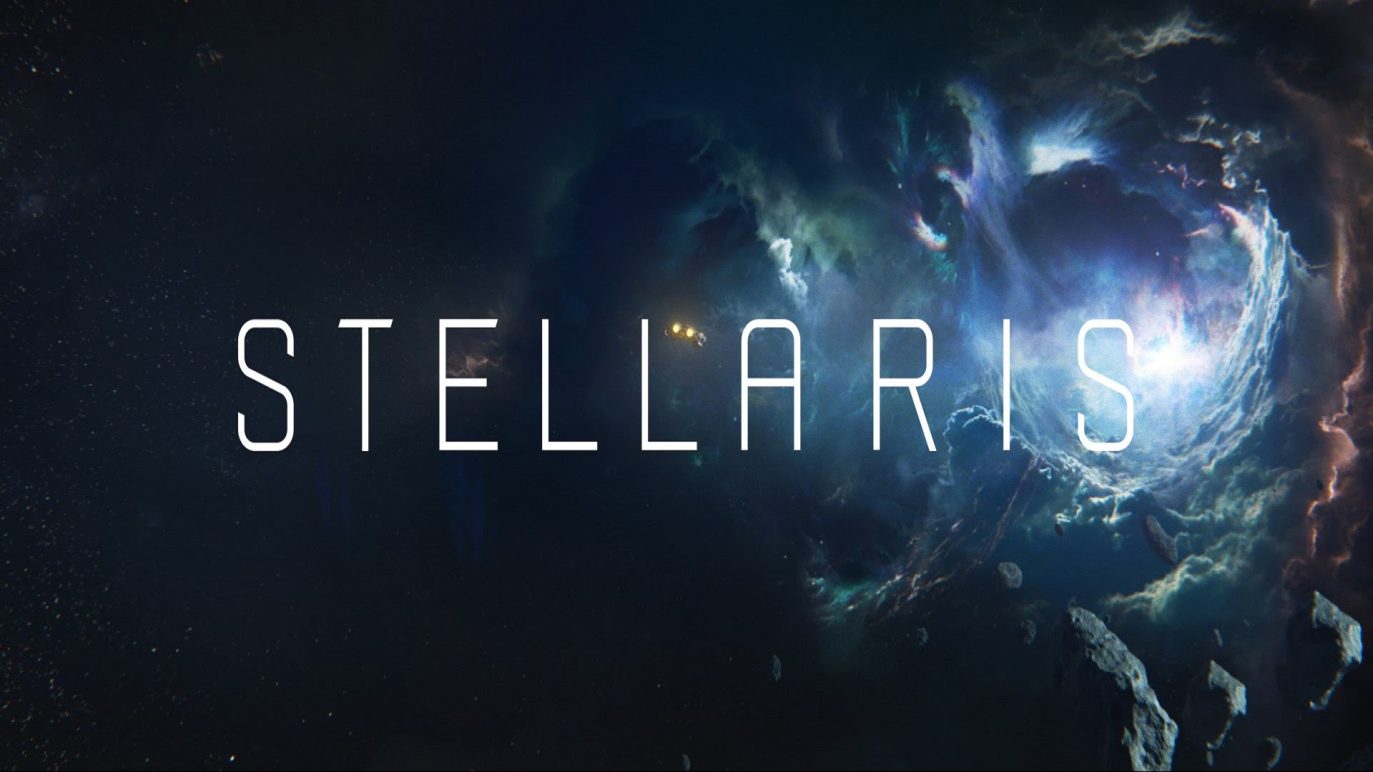Since its release in 2016, Stellaris, developed by Paradox Interactive, has become a staple in the 4X genre. The game offers players the chance to explore and conquer a dynamic galaxy filled with diverse species, complex political dynamics, and expansive lore. Over the years, the game’s replayability has been significantly enhanced through a steady stream of downloadable content (DLC) and a vibrant modding community.
The Core Experience of Stellaris
Stellaris stands out in the grand strategy genre due to its unique blend of empire management, exploration, and real-time strategy. The game begins with players choosing or creating a species, each with distinct traits and societal structures, to lead through the stars. The galaxy is procedurally generated, ensuring that no two games are alike, and players must navigate complex diplomacy, warfare, and internal politics.
The core gameplay of Stellaris revolves around empire customization, exploration, diplomacy, and technological advancement. Players can customize their empires with various traits, ethics, and government types, influencing gameplay and interactions. Sending science ships to explore and survey new systems is a cornerstone of early gameplay, unveiling resources, anomalies, and potential threats. Interacting with other empires involves complex diplomacy, alliances, and conflicts, requiring strategic thinking and planning. Researching technologies unlocks new capabilities, from advanced ships and weapons to societal improvements. The combination of these elements creates a rich and immersive experience, allowing for countless strategic and narrative possibilities.
The Role of DLC in Enhancing Replayability
Paradox Interactive has a long-standing tradition of supporting their games with extensive post-launch content, and Stellaris is no exception. The game’s DLC structure is designed to add substantial new content, mechanics, and narratives, each contributing to the replayability of the game. Major expansions and story packs have introduced a variety of new features that keep players engaged.
The first major expansion, Utopia (2017), introduced megastructures, ascension perks, and the ability to form utopian societies or dystopian regimes. These features added depth to the endgame, providing long-term goals for players to strive towards. Following this, Apocalypse (2018) focused on warfare, introducing planet-destroying weapons, new ship classes, and marauder empires, thereby expanding the strategic options available in galactic conflicts.
Subsequent expansions such as Federations (2020) and Nemesis (2021) further enriched the game’s mechanics. Federations enhanced the diplomatic aspect of the game by adding new types of federations, the Galactic Community, and various diplomatic tools, allowing players to engage in more nuanced political manoeuvres. Meanwhile, Nemesis gave players the option to become the crisis, allowing them to potentially end the galaxy in chaos, and introduced espionage mechanics, adding a layer of intrigue and covert operations.
In addition to these major expansions, Stellaris has also benefited from numerous story packs and species packs. Story packs like Leviathans (2016) and Distant Stars (2018) added new narrative events and mysterious entities to discover, enriching the exploration and storytelling aspects of the game. Species packs, such as Plantoids (2016), Humanoids (2017), and Lithoids (2019), provided new species portraits, ship models, and voice packs, allowing for greater customization and variety in gameplay.
These DLCs collectively enhance the replayability of Stellaris by constantly introducing new elements and challenges, ensuring that each playthrough offers a unique and engaging experience.
The Modding Scene: An Infinite Playground
One of the most significant factors contributing to the longevity and replayability of Stellaris is its robust modding community. From the outset, Paradox Interactive has supported modding, providing tools and resources for players to create and share their own content. This has led to a thriving ecosystem of mods that cater to a wide range of interests and playstyles.
Mods in Stellaris can range from minor tweaks to comprehensive overhauls. Some of the most popular mods include additional ship sets, new species portraits, and expanded tech trees. These mods allow players to tailor their experience to their preferences, whether they are looking for aesthetic changes or new gameplay mechanics.
One of the standout mods is Stellaris: Star Trek New Horizons, which transforms the game into a detailed Star Trek universe, complete with iconic factions, ships, and storylines. This mod exemplifies the creativity and dedication of the Stellaris modding community, offering a completely different experience while maintaining the core mechanics of the game.
Another notable mod is Real Space, which aims to make the game’s galaxy more realistic by altering star system layouts, adding new celestial bodies, and enhancing visual effects. This mod enhances the immersion and realism of Stellaris, providing a more authentic space exploration experience.
The modding community also plays a crucial role in keeping the game updated and relevant between official DLC releases. Many mods address balance issues, add quality-of-life improvements, and introduce new content inspired by community feedback. This continuous stream of user-generated content ensures that players always have something new to explore and experiment with.
The Community and Developer Interaction
The relationship between Paradox Interactive and the Stellaris community has been instrumental in the game’s success. The developers actively engage with players through forums, social media, and livestreams, seeking feedback and discussing upcoming updates. This open line of communication has fostered a sense of collaboration and mutual respect between the developers and the community.
Community feedback has directly influenced the development of Stellaris, leading to changes and additions that reflect player preferences and desires. For example, the introduction of espionage mechanics in Nemesis was a highly requested feature that was implemented based on community input. Similarly, various balance adjustments and quality-of-life improvements have been made in response to player feedback.
The community also organizes events and competitions, such as modding contests and multiplayer tournaments, which further strengthen the bond between players and developers. These events showcase the creativity and talent within the community and provide a platform for players to share their passion for the game.
Conclusion
Stellaris has evolved significantly since its launch, thanks to a combination of strategic DLC releases and a dedicated modding community. The game’s ability to adapt and grow has ensured its longevity and continued popularity among fans of the 4X genre. The interplay between official content and user-generated mods creates a dynamic and ever-changing universe, offering endless possibilities for exploration and conquest.
As Stellaris continues to receive support from Paradox Interactive and its community, it remains a shining example of how a game can thrive through a combination of developer dedication and player creativity. Whether through official expansions that introduce new mechanics and narratives or through the imaginative contributions of modders, Stellaris offers a galaxy of infinite possibilities for players to explore and enjoy.



